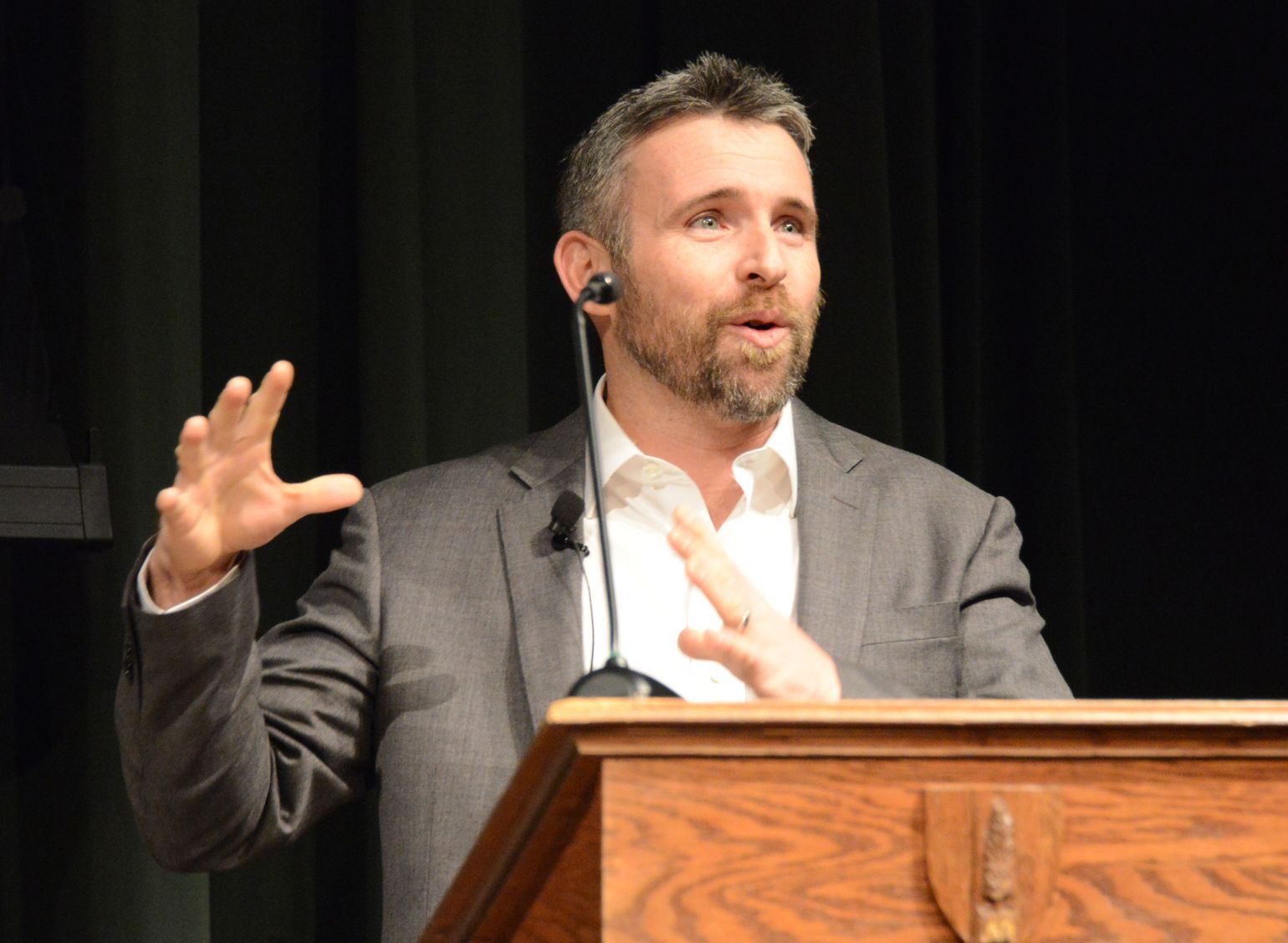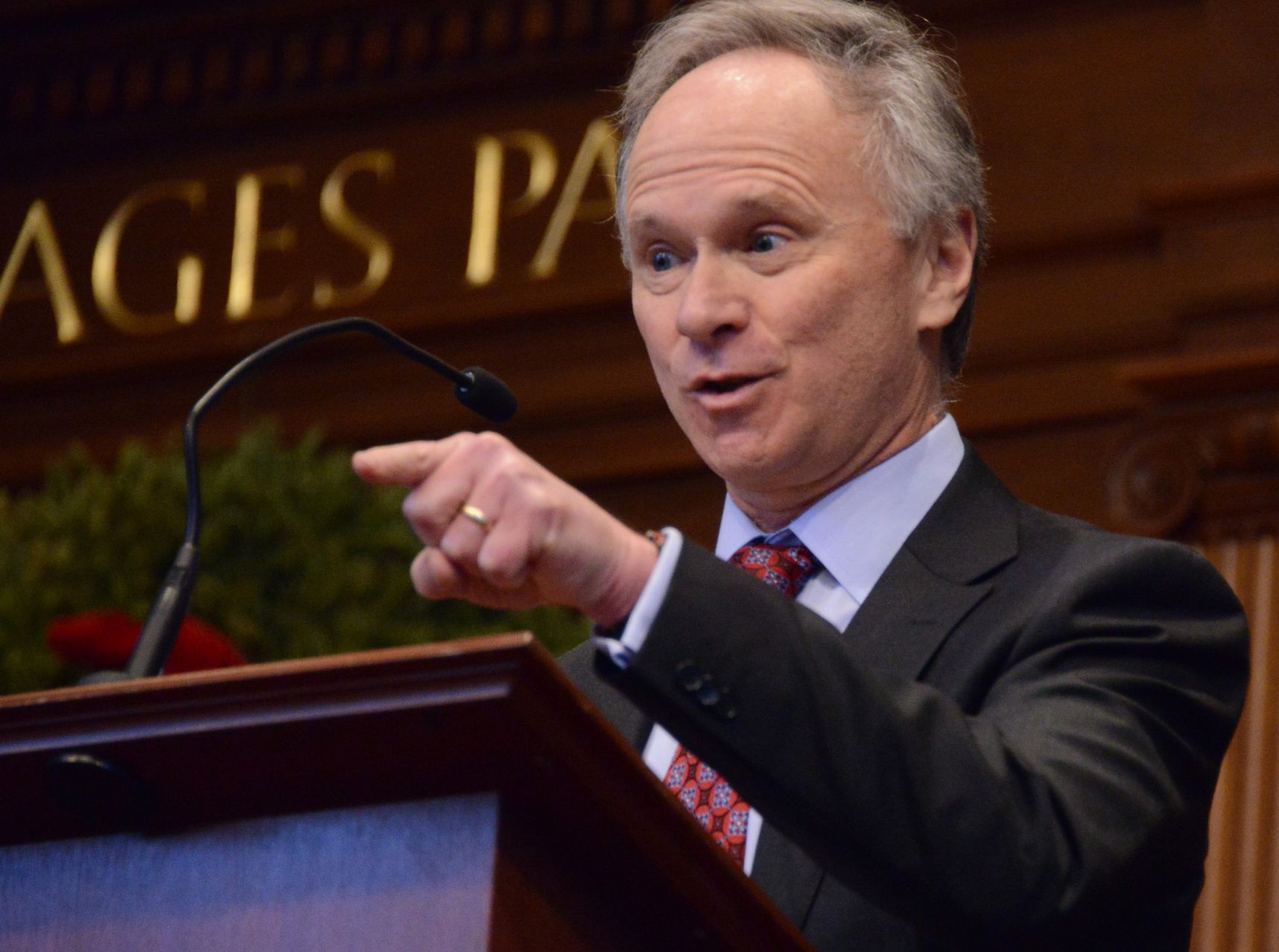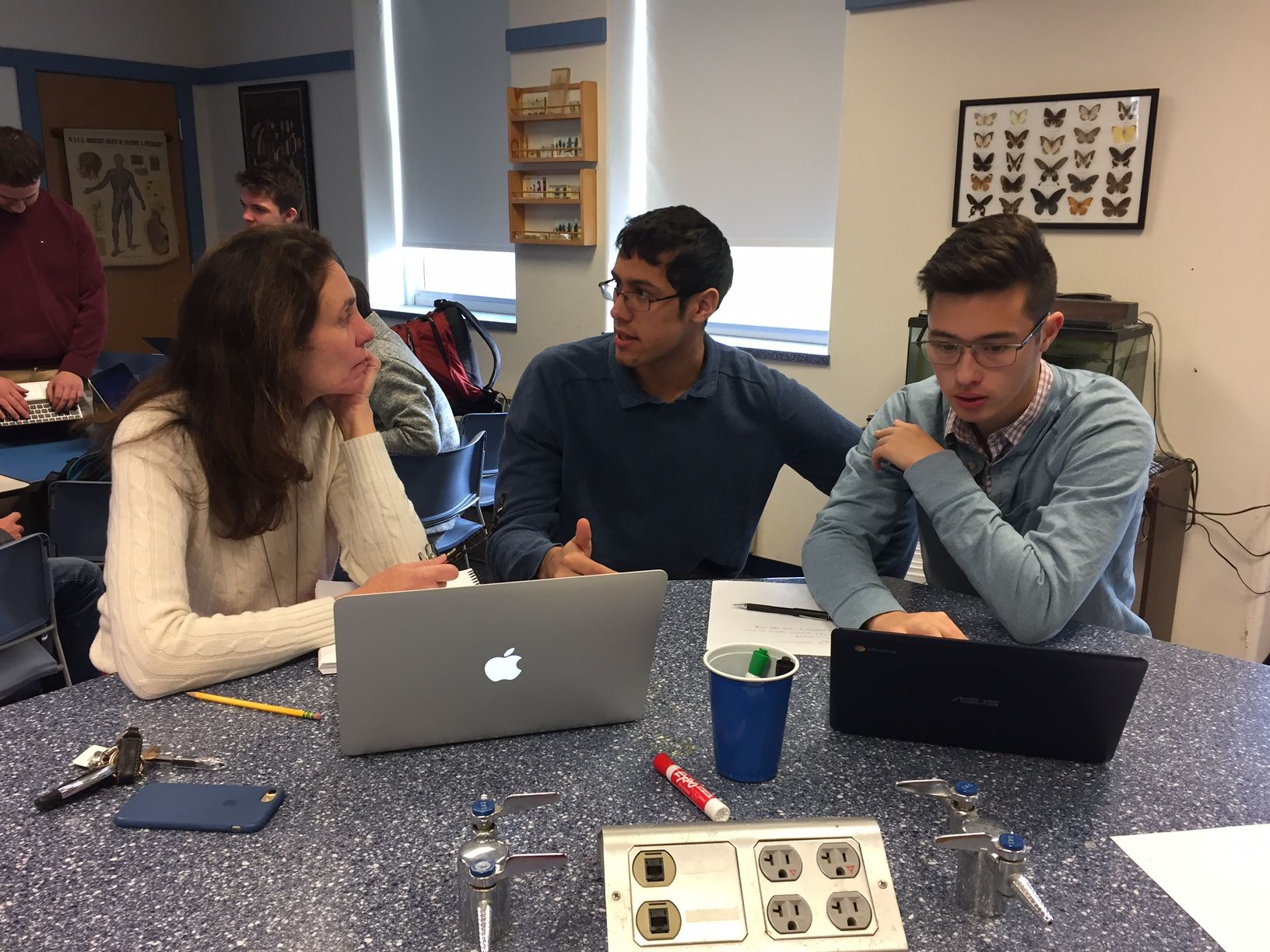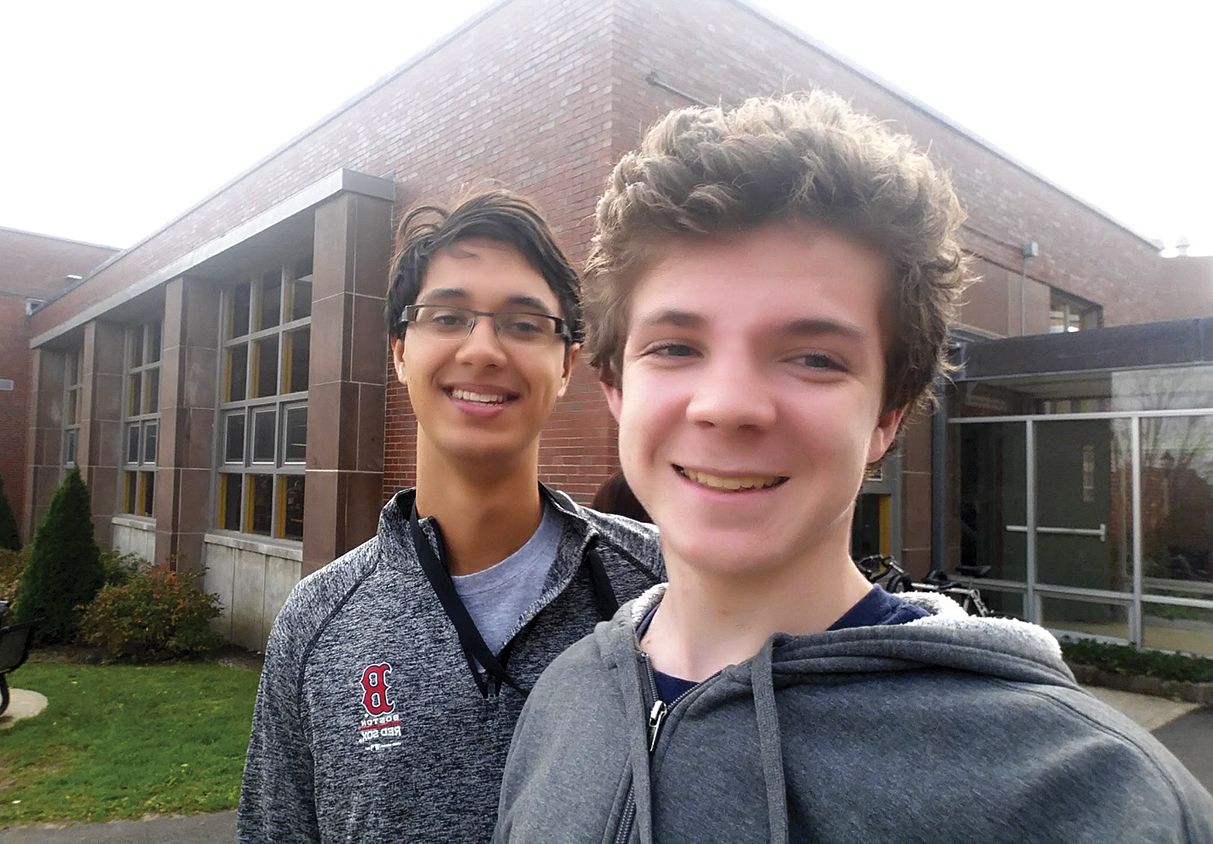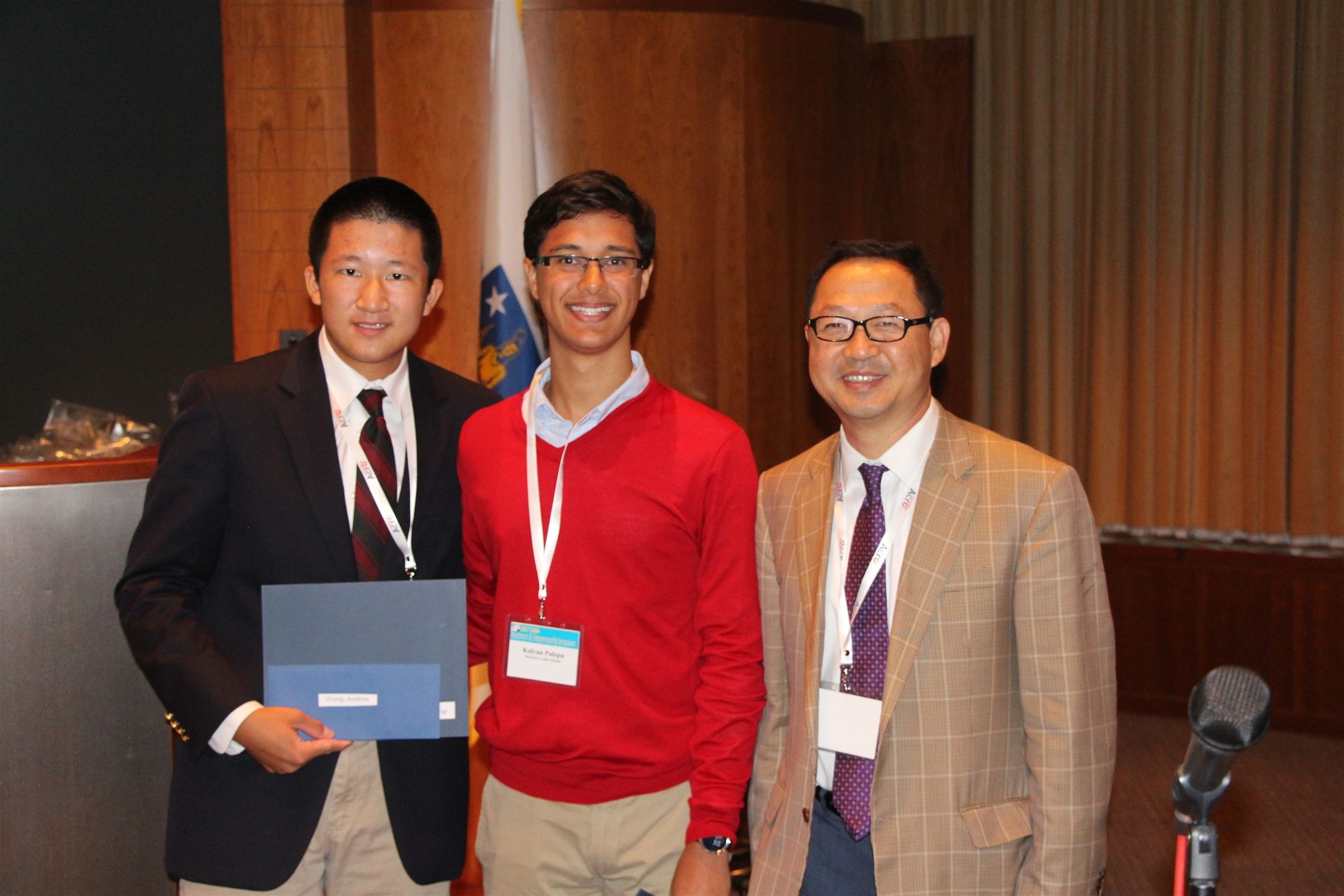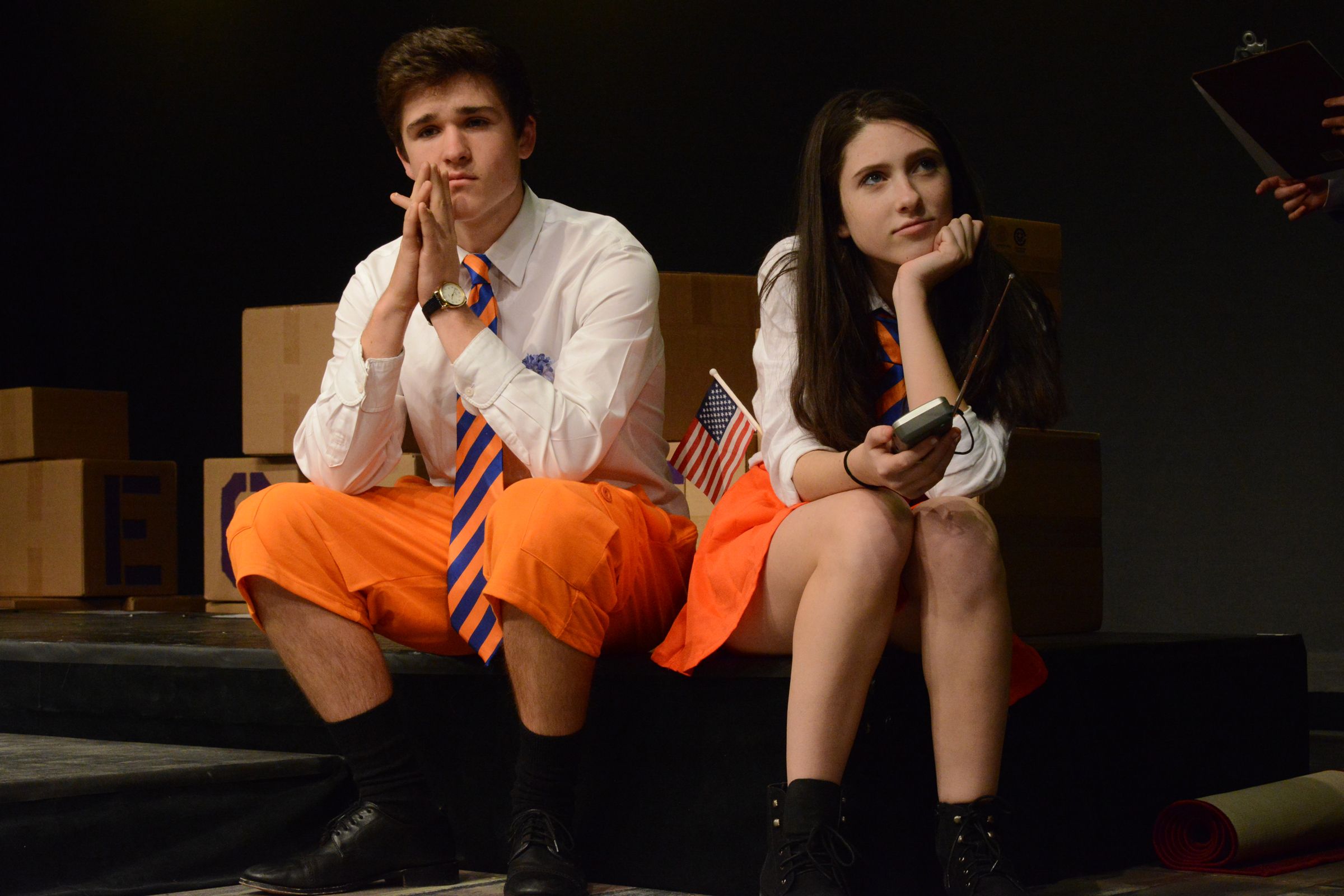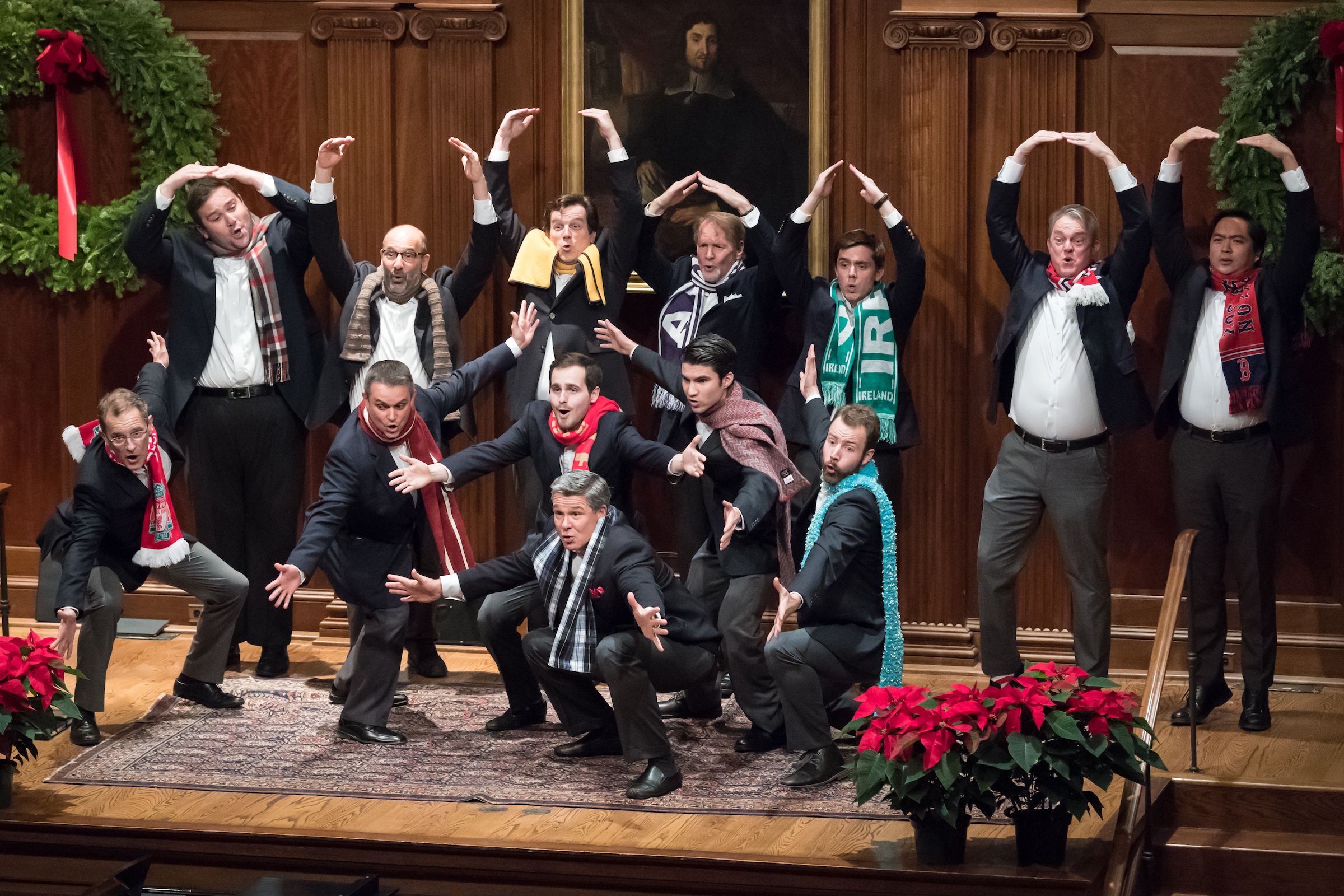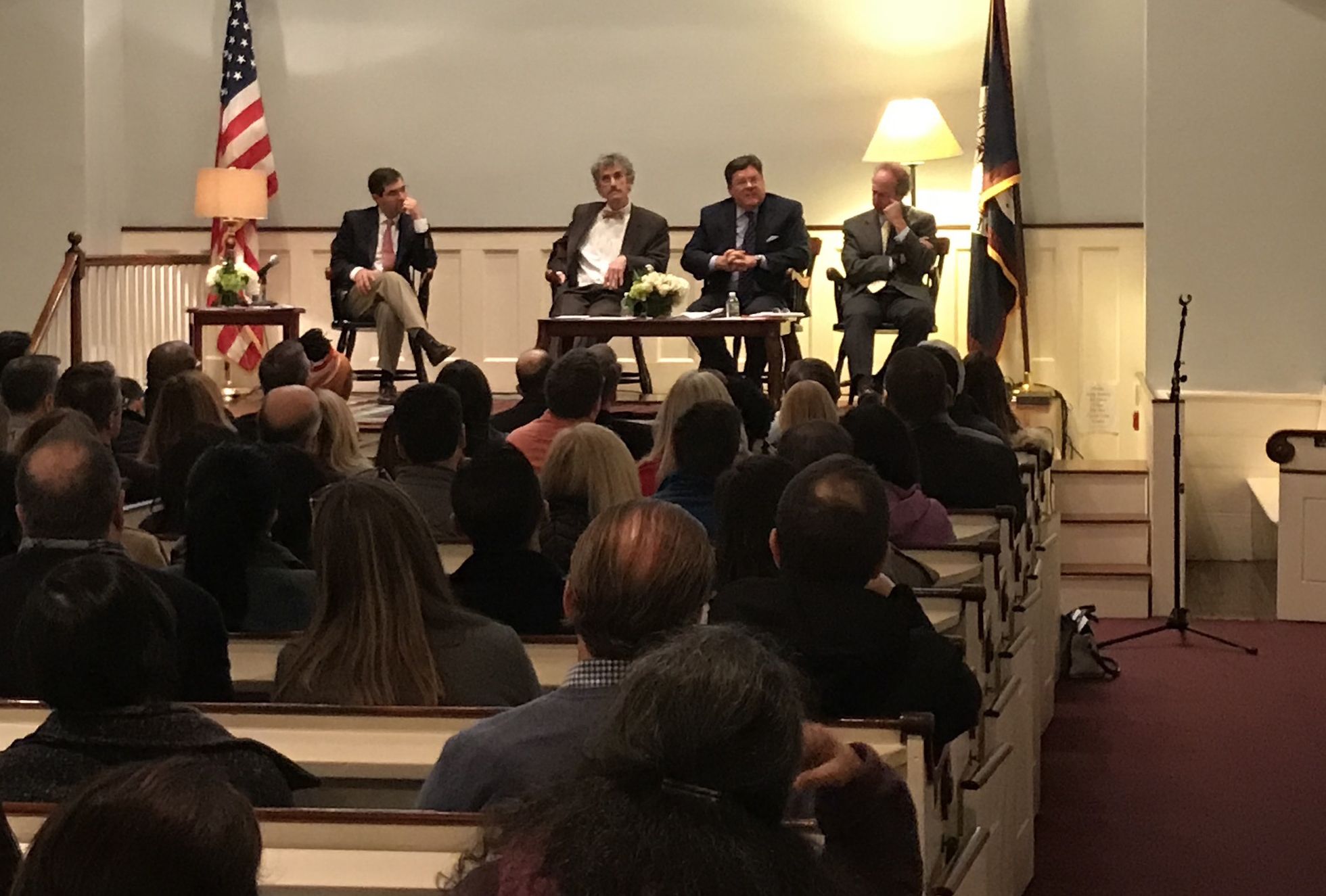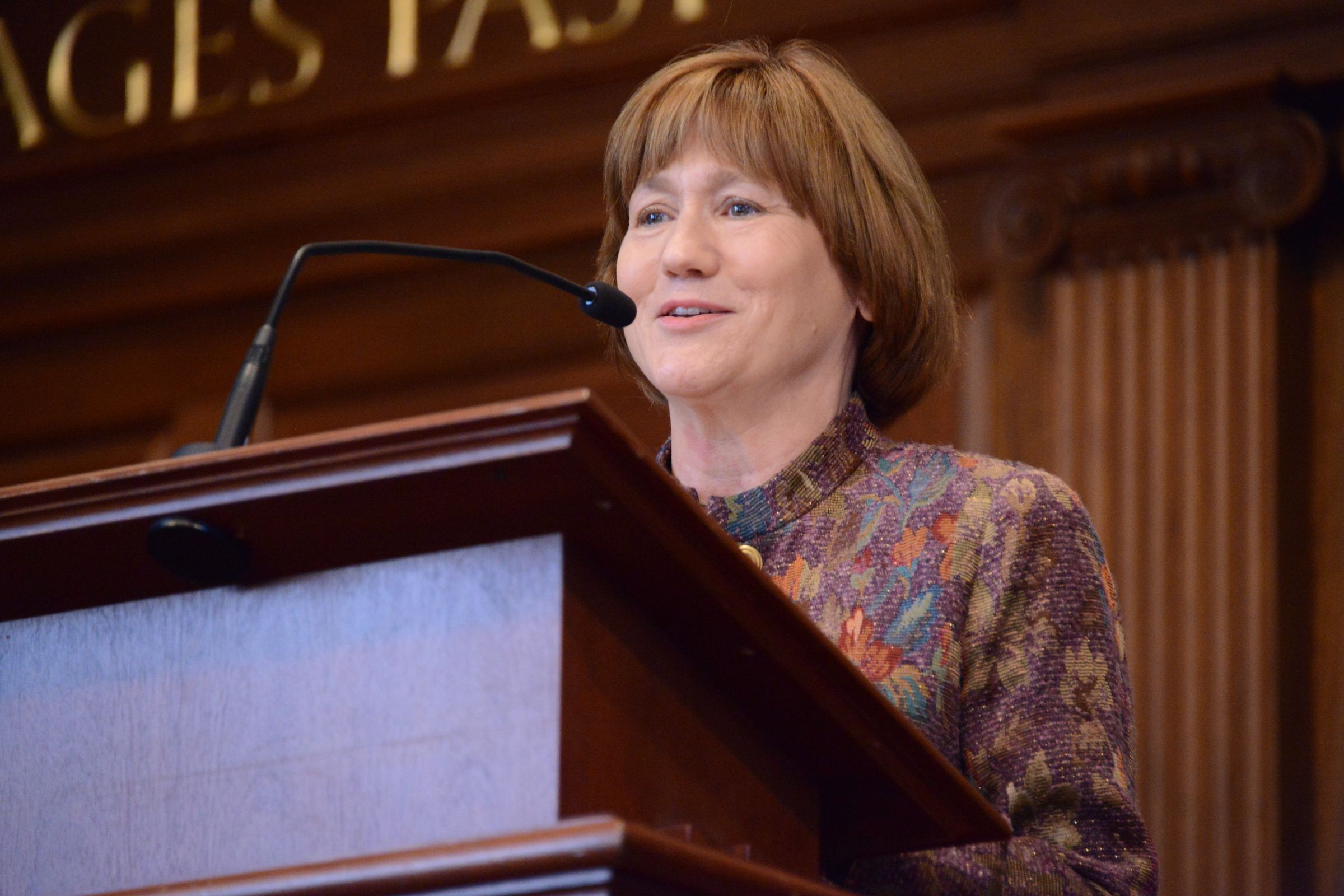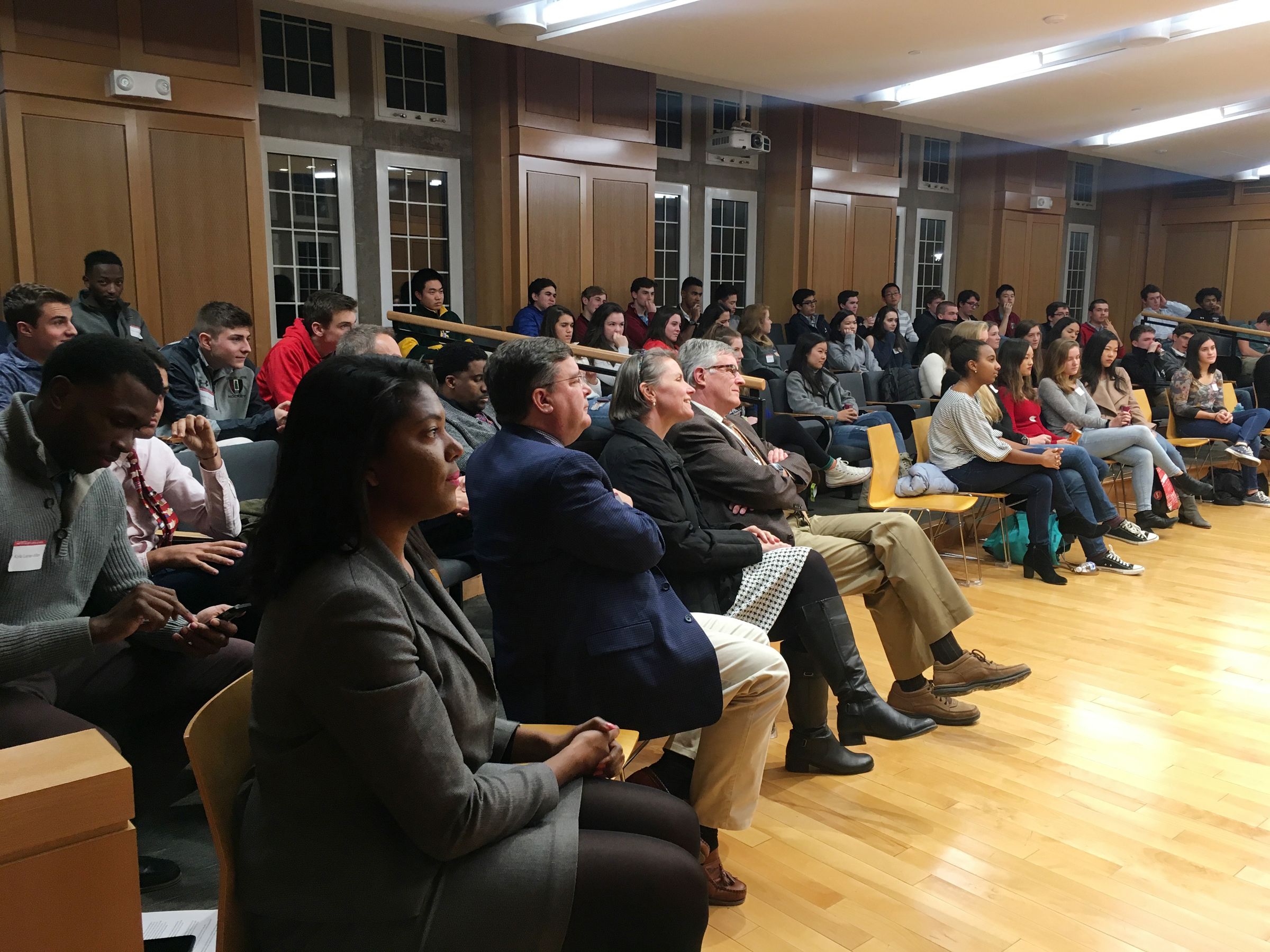Matt McCambridge ’94 commits his creativity, time, and training to making a difference in the lives of people in need. Since graduating from Stanford with a degree in engineering, Matt has designed and manufactured mobility technology for people with disabilities in the United States and in less-resourced settings around the world.
In Hall on 9 January, Matt gave an illustrated presentation that described his 20-year path, beginning with the idea to redesign the basic wheelchair (fundamentally unchanged since the 1930s) to function outdoors and over rough terrain, where the disabled in developing countries are most likely to require mobility. More significantly, he considered ways to empower the disabled by designing a chair they could manufacture and repair themselves. Customizing chairs for different abilities and engaging the local workforce to build them, Matt has changed lives in villages all over the world.
“You often hear people use the phrase ‘confined to a wheelchair’, but the truth is that when you’re faced with a physical disability in a developing area, you’re confined if you don’t have a wheelchair,” Matt began. “People’s livelihood depends on their mobility, and these individuals have so much talent and creativity and dedication that they can’t use without the simple ability to get around.”
While in Mexico as a volunteer, Matt invented effective and low-cost sewing machine adaptations so women with disabilities could use the machines without using their legs. More than ten years later, the women are still using the same adaptation.
Developing countries represent a challenging physical environment in which to use wheelchairs. Matt works to create high-performance mobility technology and embraces the additional challenge of distributing, using, and maintaining this technology in very low-resourced environment.
Matt has worked on teams creating sophisticated technologies (like the iBOT self-balancing wheelchair) and simple, robust ones (like Whirlwind Wheelchair’s RoughRider). He teaches courses in mobility and design in MIT’s D-Lab, and he works as a research engineer developing and carrying out innovative tests of wheelchairs in developing countries.
After Hall, Matt met with students in classes throughout the day, including boys studying physics and engineering, as well as students enrolled in Class IV Math-Science Investigations (MSI) and in AP Economics.
An exhibit of Matt’s work and creations, Making Ideas Real: Service in the Global Commonwealth, is currently on display in the Great Hall through 6 February, when it will conclude with a closing reception.See photos here.

